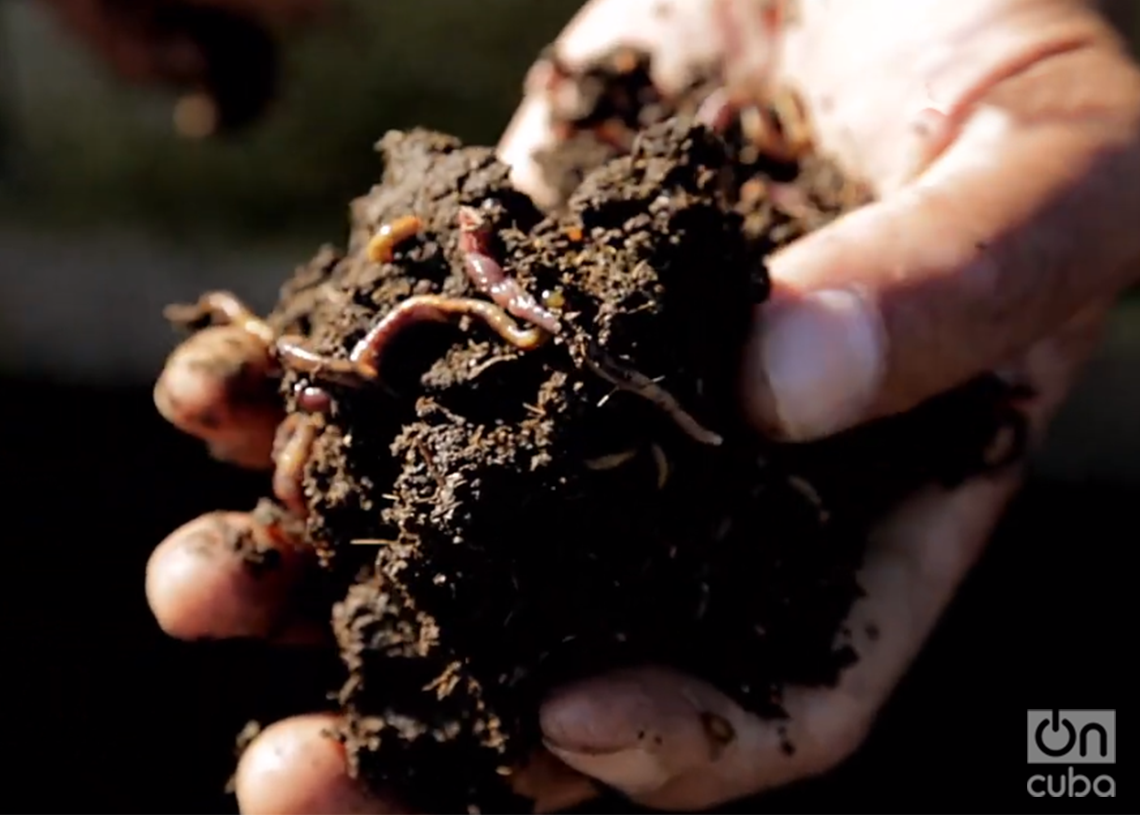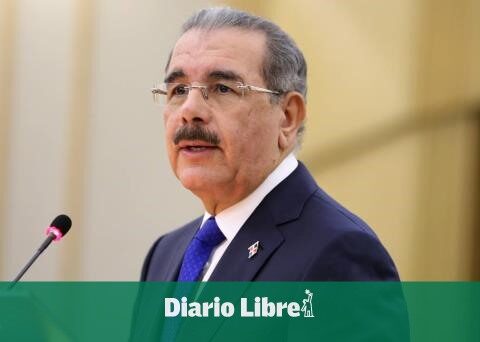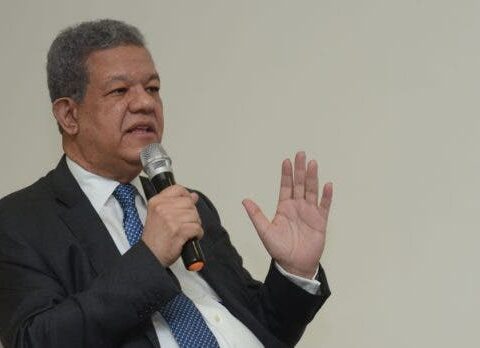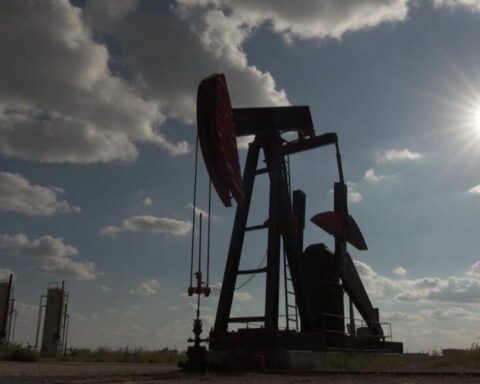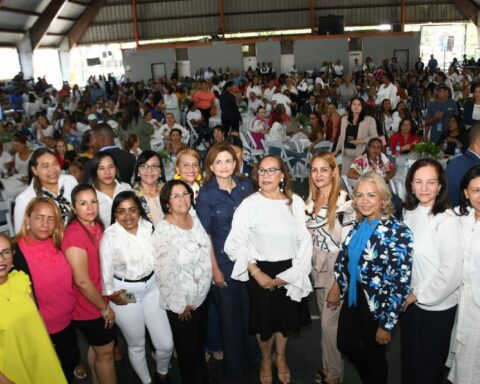businessman and economist Fabricio Gomez Mazara, considered that, although the subsidy established for fuel prices is correct, the Dominican government will find it difficult keep it, because of the ‘heavy’ burden it represents for the national budget.
He also argued that lowering the price of fuel and other products that have been impacted by the crisis that exists worldwide, is beyond the reach of the Dominican government.
Before this situation, Mazara understands that the government would have no other alternative than the partial or total dismantling of said subsidy, which was established temporarily to mitigate the effect of the rise in oil on the international market.
Gómez Mazara, specified that to illustrate the unsustainability of the measure, he cited the announcement made by the Ministry of Industry, Commerce and SMEs that the subsidy corresponding to last week amounted to 1,130 million pesos.
“We understand that no subsidy should be maintained permanently, it is something that should be transitory, so we must contemplate the total dismantling and in a staggered manner due to how unsustainable it is for the Dominican State,” argument.
He specified that the projections are that during the next six months a barrel of oil will remain between 100 and 105 dollars, whose price was contemplated in the current Dominican national budget at 65 dollars, so the subsidy is draining public finances.
Given the present situation of crisis generated due to international situations, the businessman and economist understands that the government has no other alternative, other than evaluating the situation on a day-to-day basis, leaving budget planning in the background.
Fabricio Gómez Mazara also acknowledged that the Central Bank has been taking wise measures of a monetary nature, with a view to lessening the effects of inflation.
He cited among those initiatives announced by Governor Héctor Valdez Albizu, the increase in the monetary policy rate and that related to the subsidies granted to contain the inflationary process.
He recalled, however, that there is no manual for the current crisis generated by international factors, “so it must be faced as it has been presented, with monetary and fiscal policy tools, which the government recognizes has been taking consider.
The expert states that the country has an important infrastructure that must be highlighted, and a support policy for the national productive apparatus that has to do, basically with fuels, which despite the fact that demand exceeds supply, there has been no shortage.
“We have a fuel industry here that continues to function. To this day we are paying the same price because the government has been subsidizing it for the last seven weeks,” he stressed.
He also referred that the country, in the midst of the crisis due to the increase in the cost of raw materials in international markets, has enough finished products at the national level.
He indicated that in other countries such as Argentina and Colombia finished products are scarce, ¨which has not happened here, in the Dominican Republic, because all the fuel industries have made significant investments in storage.
The businessman and economist also valued the set of measures that the government has been adopting to face the inflationary situation in order to guarantee social peace in the country.
He stressed that before the crisis the important thing, the fundamental thing is to contribute to the maintenance of social peace and cohesion, which, in his opinion, is what the government of President Luis Abinader has been doing.
He argued that a situation like the current one could generate a political-social crisis, “which must be avoided because this country has been living in peace.


